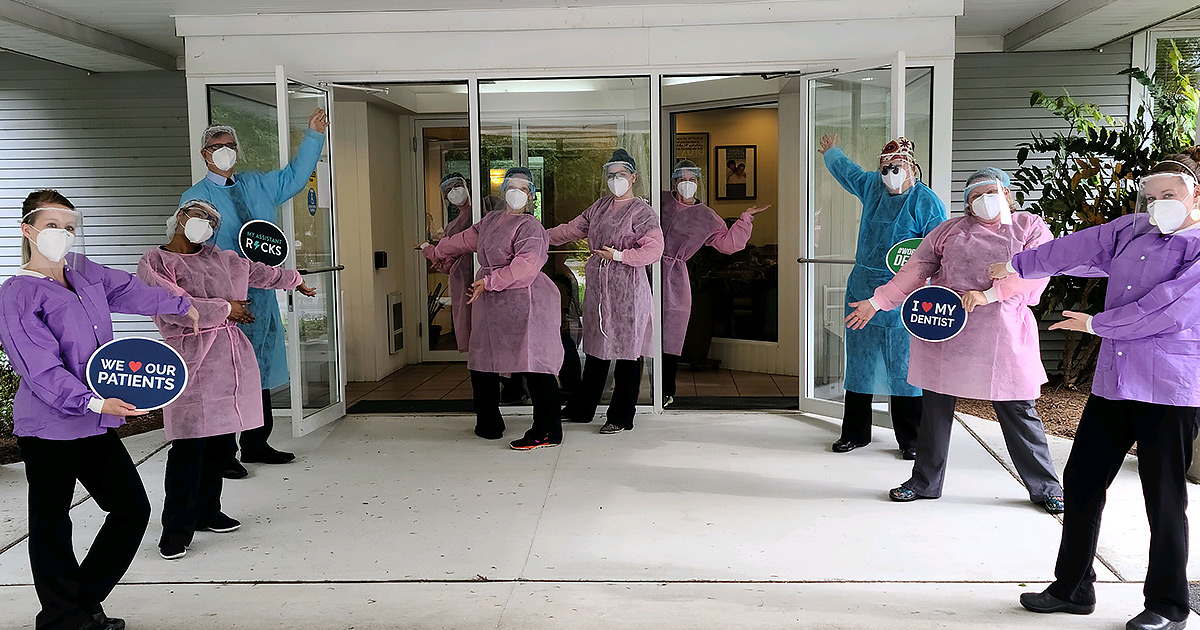Do you have unexplained headaches, earaches, or neck or back pain?
Maybe, you’ve treated these symptoms, but they keep coming back. Did you know there is a serious oral health disorder that has symptoms frequently attributed to other conditions? There may be another reason for your pain.
What Is the Temporomandibular Joint (TMJ)?
The temporomandibular joint (TMJ), commonly referred to as the jaw joint, is located in front of each ear. The TMJ controls the up-and-down and side-to-side motions of the jaw required for talking and chewing. By placing your fingers in front of your ears and opening your mouth, you can feel the movement of the joint.
What Are Temporomandibular Joint Disorders (TMD)?
Temporomandibular joint disorders refer to any conditions causing pain or dysfunction in the jaw joints and muscles controlling jaw movement. There are three categories the conditions fall into, and you can have more than one of these conditions:
- Myofascial pain is caused by irritation of the muscles controlling jaw function and neck, shoulder, and back muscles.
- Internal derangement of the TMJ is a problem that indicates an injury to the condyle (rounded edges of the lower jaw), a dislocated jaw, or a displaced disk.
- Degenerative joint disorders can affect the temporomandibular joint, such as osteoarthritis or rheumatoid arthritis.
Some Causes of TMD
- Grinding or clenching teeth
- Jaw injury
- Arthritis
- Infection
- Dental surgery
- Hormones
- Genetics
- Autoimmune diseases
Physical or mental stress can aggravate TMD. Many factors can cause TMJ disorders, and in some cases, the cause it is undetectable.
Symptoms of TMD
- Popping, clicking, or grating sounds when the mouth opens or closes
- Chewing is painful
- Pain in the face, neck, or jaw
- Stiff jaw muscles
- Limited jaw movement
- Changes in the way your teeth close together
Also, earaches, hearing problems, dizziness, and headaches may be caused by TMD. We’ll rule out other possible reasons first to identify TMJ disorders. If you or someone you know is experiencing these symptoms, contact our office to schedule an appointment.
Best,
Dr. Holsinger and Dr. Higgins









